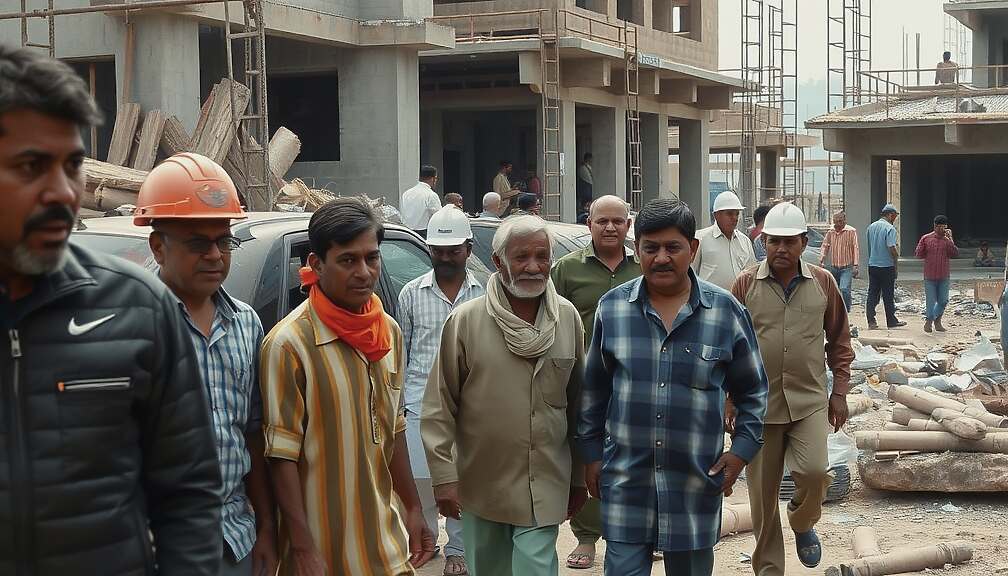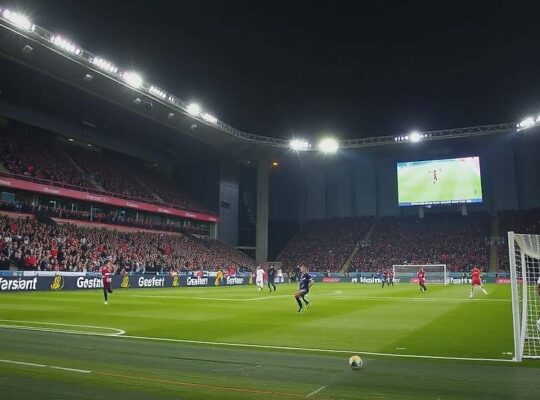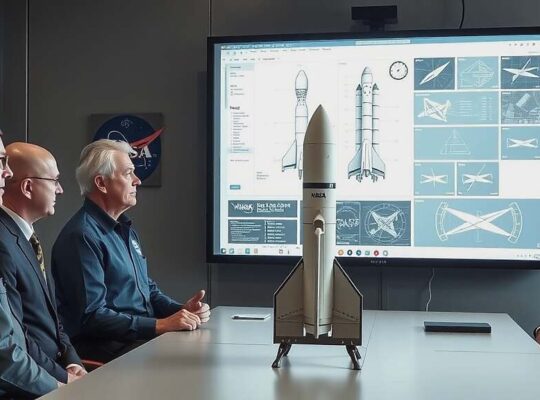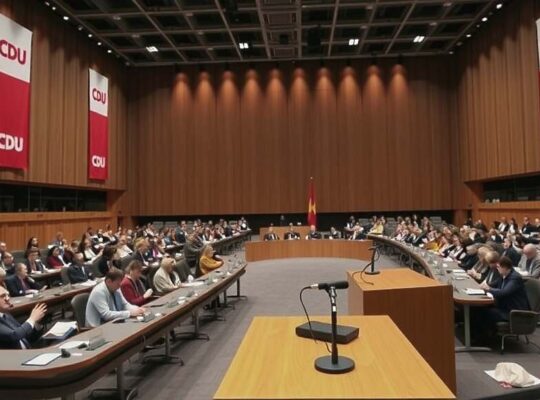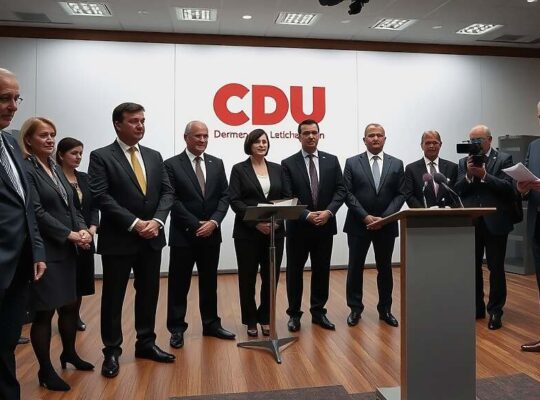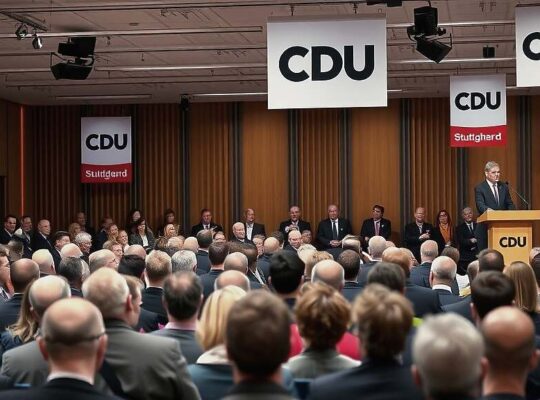The ongoing saga surrounding the Stuttgart 21 rail project in Baden-Württemberg has taken another disheartening turn, prompting sharp criticism from Green Party candidate Cem Özdemir and raising serious questions about the project’s feasibility and management. A further delay to the already troubled infrastructure development has been confirmed by Deutsche Bahn (DB) CEO Evelyn Palla, who communicated the setback to the supervisory board and project partners on Wednesday.
Özdemir condemned the repeated postponements as “cynical” and accused the project’s leadership of employing a “constant salami tactic” that has rendered the impact on passengers almost incomprehensible. He argued that the project is spiraling into a “bottomless pit” highlighting the financial and political strain the continuous delays are placing on the region.
The initial planned completion date of December 2026 is now deemed unattainable, a conclusion foreshadowed by internal analyses conducted over the summer, even prior to Palla’s appointment. These evaluations, reportedly prepared by DB Projekt Stuttgart-Ulm GmbH and the consultancy firm PwC, signaled significant risks associated with meeting the original timeline.
The primary cause for the latest setback lies within the “Digital Node Stuttgart” a pilot project designed to digitize the rail network’s signaling and control technology within the Stuttgart metropolitan area. Crucially, the delay centers on issues relating to the approval and release of technology supplied by Japanese conglomerate Hitachi, a key partner in the Digital Node. These technical complications threaten the entire project’s ambition of modernizing the region’s rail infrastructure.
Deutsche Bahn has yet to announce a new projected opening date, leaving passengers and political observers uncertain about the future of Stuttgart 21. The repeated failures to meet deadlines and the persistent technical challenges are now fueling a broader debate about the oversight and risk management of large-scale infrastructure projects in Germany and whether the immense costs associated with Stuttgart 21 – a project already exceeding initial budget estimations – continue to justify its continuation. The situation risks becoming a significant political liability for the ruling coalition government.


